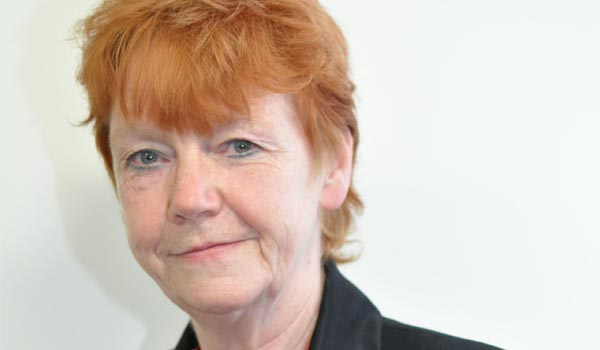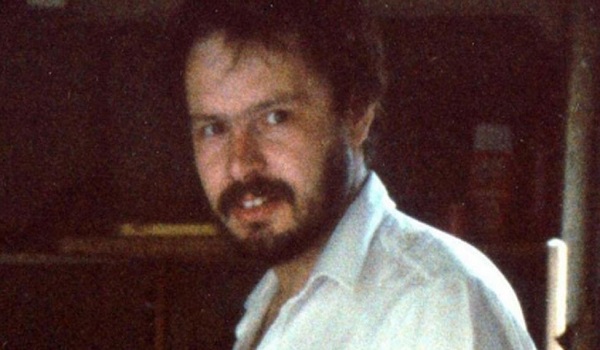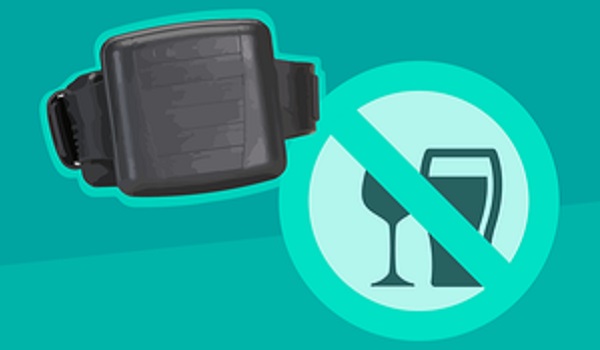Rape conviction rate falls to lowest level for five years
Convictions for rape have fallen to their lowest level for five years, despite the number of reports continuing to rise.
Victims’ groups described the figures as “truly alarming” and warned it would lead attackers to believe they could get away with their crimes.
Figures from the multi-agency Rape Monitoring Group (RMG), published today (August 29) by Her Majesty’s Inspectorate of Constabulary and Fire and Rescue Services, show the number of rape convictions have fallen over a five-year period – from 1,095 in 2012/13 to 1,062 in 2017/18.
In the same period the number of rapes recorded by the police in England and Wales increased – rising from 16,374 in 2012/13 to 54,045 in 2017/18. A further 11,913 attacks were not recorded as crimes in 2017/18, up from 8,624 the year before. The overall charge rate has also fallen in the same period, from 6.8 per cent to 4.2 per cent.
Dame Vera Baird, the Victims’ Commissioner, said the criminal justice system was letting down current victims and allowing serial rapists to target new victims in the future.
“More complainants are coming forward, but fewer cases are being prosecuted and only one in every 50 cases is resulting in a conviction. How can this be justice?” she told Sky News. “These figures show that perpetrators can act without fear of being held to account. Many will go on to commit further offences and will only stop when caught. These figures not only highlight how we are letting down existing victims, but how we are creating future victims.
“We know that nearly four in five victims of sexual assault choose not to report the crimes committed against them. How can we ever give these victims the confidence to report when so few cases ever secure a conviction?”
She added: “We need to understand the reasons behind this failure. It is in part down to the treatment of complainants by police and prosecutors; for example, failing to update them on investigations or making intrusive and disproportionate demands on their personal data. We also know that the treatment of complainants in the courtroom can cause trauma and distress.”
The RMG figures include data from the Home Office, the Office for National Statistics, the Crown Prosecution Service (CPS) and the Ministry of Justice, covering all 43 police forces in England and Wales and British Transport Police.
The CPS decided not to charge suspects in just under half of the cases referred to it in 2017/18. For 24,280 of the offences recorded there were “evidential difficulties”, which could include the victim not supporting a prosecution.
A charge or summons was issued in 2,238 cases, and there are 6,647 without an outcome recorded. Prosecution was “prevented” or found not to be in the public interest for 1,015 of recorded offences.
Rebecca Hitchen, campaigns manager at the End Violence Against Women Coalition, said the figures were “truly shocking” and evidence of “how broken the system is”.
She said: “We urge the Prime Minister, the Home Secretary and the Justice Secretary to get fully involved in the ongoing Rape Review, from which very little has been heard. We urge them to demand answers as to what is going on. They should also make clear, public reassurances to women, and men, who are considering reporting rape, that meaningful work will be done to improve access to justice.”
A CPS spokesperson said the fall in charges was linked to a drop in the number of referrals from the police but added: “The growing gap between the number of rapes recorded and the number of cases going to court is a great cause of concern. That’s why the CPS is taking part in a system-wide review to scrutinise how these cases are being handled.”
A government spokesperson said it was “taking action to restore public confidence in the justice system” by hiring more police, reviewing sentencing of violent and sexual offenders, giving more money to the CPS, funding victim support services and creating more prison places.
“Victims deserve to know their cases will be pursued rigorously through the courts,” they said.
HM Inspector of Constabulary Wendy Williams said it was vital that statistics about rape were made as transparent as possible and she hoped the data would help the criminal justice system do all it could to “prevent this most heinous of crimes”.







